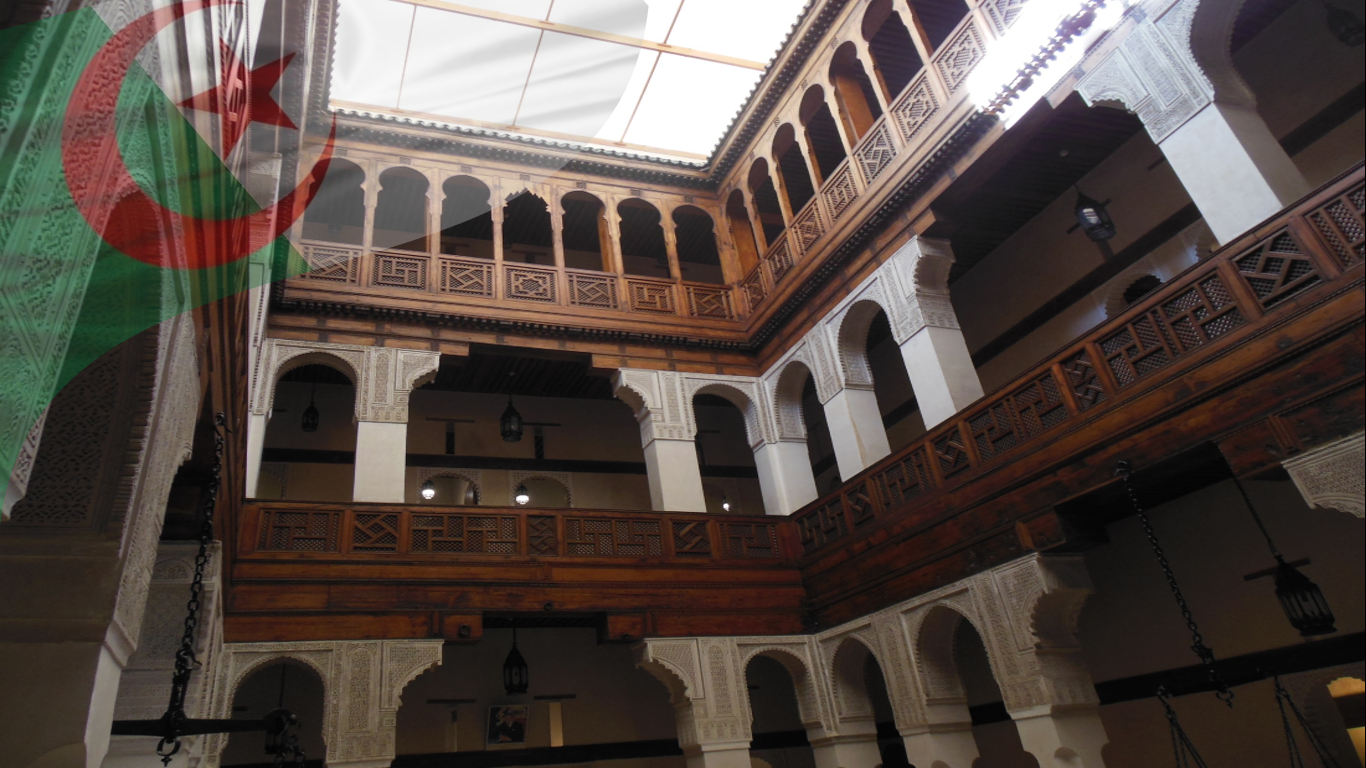The Amaraia Contemporary Middle East Research Center was founded in 2019 with the aim to bring new light into the discourse on the Middle East, into the research on the region’s events, and all that from a new angle.
In our days the wish for news and the thirst for knowledge over the Middle East is rapidly growing as the events of the region take up a considerable segment in the news reels. Whether we think about the so called “Arab Spring” and its results, the deeds of the Islamic State terror organization, the Syrian and Iraqi crises, migration, or the Turkish events, the region is undeniably present in our daily news. Directly or indirectly, they affect public discourse. However, the otherwise bountiful amount of information reach us through a strong political filter. That is because the source, the vast majority of the news are from the West. Therefore a tangible Western reasoning and understanding prevail even in he scientific parlor. Not that the Arabic, Turkish or Persian speaking countries of the Middle East otherwise would not produce a huge amount of news, or there would not be a virulent political discourse. And there are experts who speak these languages. Yet, for one reason or another these massive debates highly ever reach us, only the Western and occasional Russian evaluations on them. That, however, inevitably narrows down the picture what we acquire from this region.
So while our hunger grows to understand the people of the Middle East and the events there, we only get to know more how it is viewed and evaluated – right or wrong – in the West. But from all, what rules public thinking from Rabat to Mashed, from Istanbul to Sanaa, or from Erzurum to Nouakchott we have very little knowledge. In other words, the voice or voices of the Middle East don’t really reach us, only its Western narrative. In that we aim to bring something new.
The other problem is that so far in most scientific researches a certain targeted political need persisted. A certain theme, a political viewpoint, or historical paradigm sought justification, and through its own viewpoint gathered, digested and transmitted the news. However, as it might be easy to see, these paradigms hardly bound the inhabitants of this region, while others might not even existing in our part of the world do. Even the most simple political terms many times exist in a completely different context, as they do at us. Therefore as long as we view the “Eastern” world through European or Western lances we will never be able to understand the trigger factors behind the local events. It might seem evident, yet we feel it necessary to highlight, that without the knowledge of language, the ground from close and the cultural background it is impossible to assess Middle Eastern events.
A similar problem appeared by the massive news overflow, which came to exist by the technological development since the early 2000s. The media conglomerates of the Middle East started to broadcast in western languages as well. Let us just mention the Arabic al-Jazeera, the Turkish TRT World, or the Iranian PressTv, which all broadcast in English by now. And many other languages as well. Yet, what stays hidden, unfortunately many times even for the academic discourse, is that these news sources and the interpretations are specifically designed for the Western public. Only seldom, or not at all is the mentality present, which constitute the discourse in the same channels’ Arabic, Turkish, or Iranian original versions. So we see what they aim to present to us, and much less, what they talk about. On the other hand, mostly by the 2000s as well, many Western channels developed their own Arabic, Persian or Turkish speaking variants, which do influence the public discourse in the Middle East, but in fact behave in a very different way we usually know them. That angle should be brought closer to us as well, so to understand what happens in this volatile region.
That is our mission, to make to Middle East speak to us. To make the Middle East more understandable. To bring you, what others rarely do. We don’t exclude the Western outlets, as they have their own undoubtable merits. However, we wish to avoid to rely on them solely and uncritically. Rather, we wish to bring our followers from the events of the Middle East, what and how they are perceived locally.


